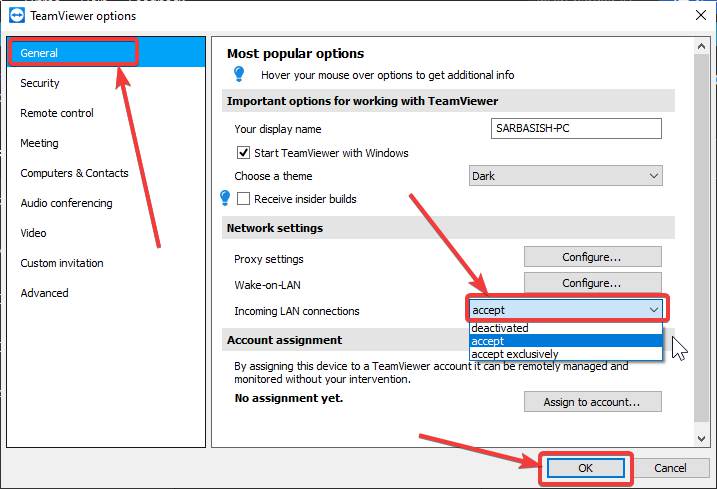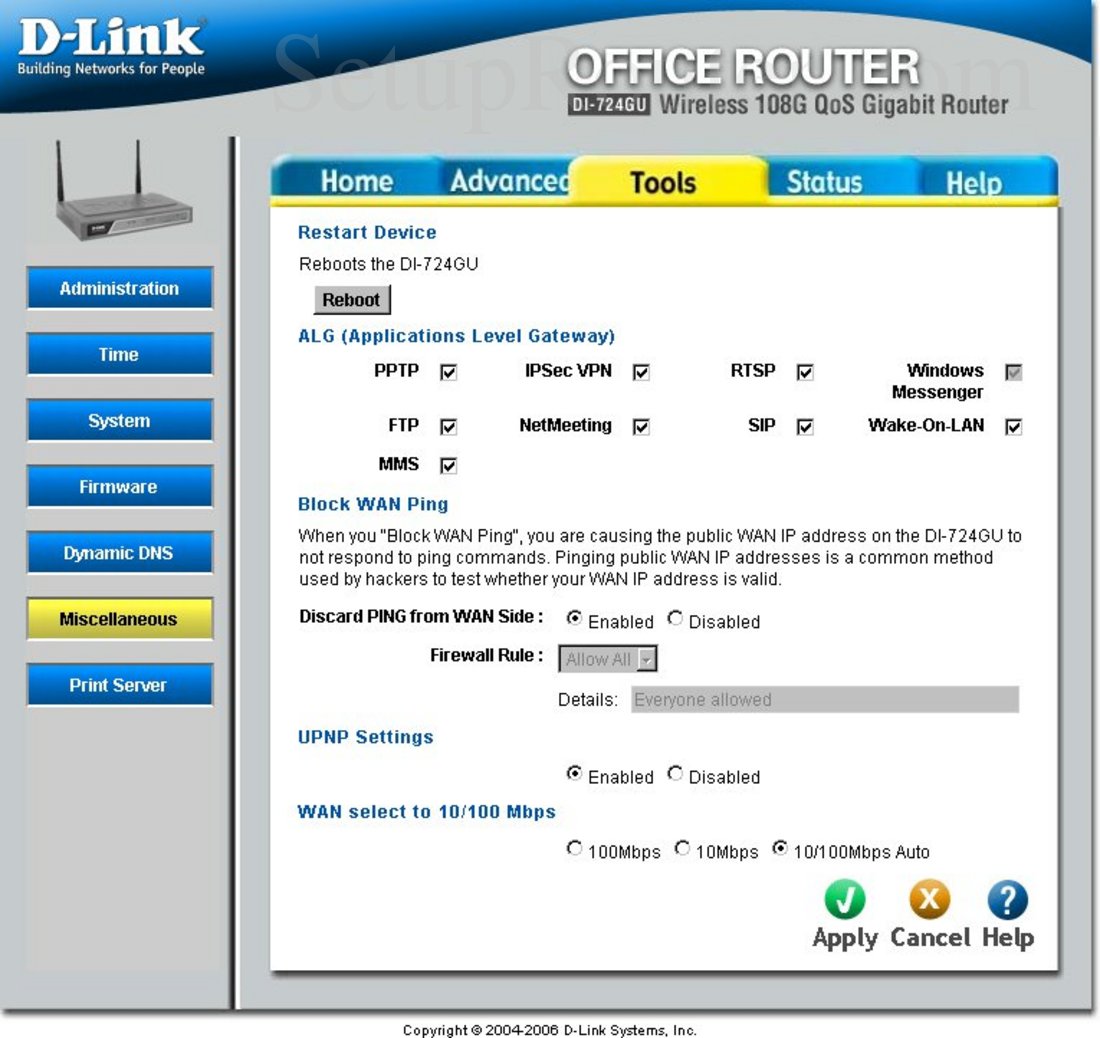

Double-click (or double-click) Network adapters, or select the small + or> next to it to expand this section.ģ. You can ignore any Bluetooth connections and virtual adapters. Find and open the Network Adapters section. Here you can configure several settings:Ģ. Windows Wake-on-LAN is configured through the device manager. The bottom of the BIOS screen should give some instructions on saving and exiting.

This is not the same on every computer, but on many F10 keys it will persist and exit the BIOS.

Once you find the WoL setting, you can most likely press Enter to immediately switch it or show a small menu that allows you to turn it on and off, as well as turn it on and off.Ĥ. It is possible that the name of the WoL parameter in your computer's BIOS is unclear.ģ. On most BIOS screens, there is a help section on the side that describes what each setting does when it is turned on. Other manufacturers may call it Resume On LAN, for example, on a Mac. Find a section that relates to power, for example, Power Management. Enter the BIOS instead of booting into your operating system.Ģ.
#TEAMVIEWER WAKE ON LAN HOW TO#
If these instructions do not help, find out your BIOS manufacturer and check their website for a user guide on how to enter the BIOS and find the WoL function.ġ.
#TEAMVIEWER WAKE ON LAN SOFTWARE#
Just watch the Video for more detailed instructions.The first thing you need to do to enable WoL is to set up the BIOS correctly so that the software can listen for incoming wake up requests.Įach manufacturer will have unique steps, so what you see below cannot accurately describe your installation.
#TEAMVIEWER WAKE ON LAN PC#

I use TeamViewer software for this purpose. For any real work from home or home accounting from work – or whatever it is you do that you wouldn’t want anyone to snoop on – you need a safe, encrypted tunnel. This strategy works and is a quick and dirty way to connect and do something on the remote computer, but I wouldn't advocate working remotely this way, especially if you need to do anything sensitive. In a previous video and post, I showed you how to set up port forwarding on your router to Allow Remote Desktop Connections from Outside Your Network. I had to learn how to set up TeamViewer for Wake On Lan so that I could log in to my work computer from home and my home computer from work, and allow both computers to go into Sleep Mode in order to save electricity. This post originally appeared on the AppDataWorks blog at


 0 kommentar(er)
0 kommentar(er)
